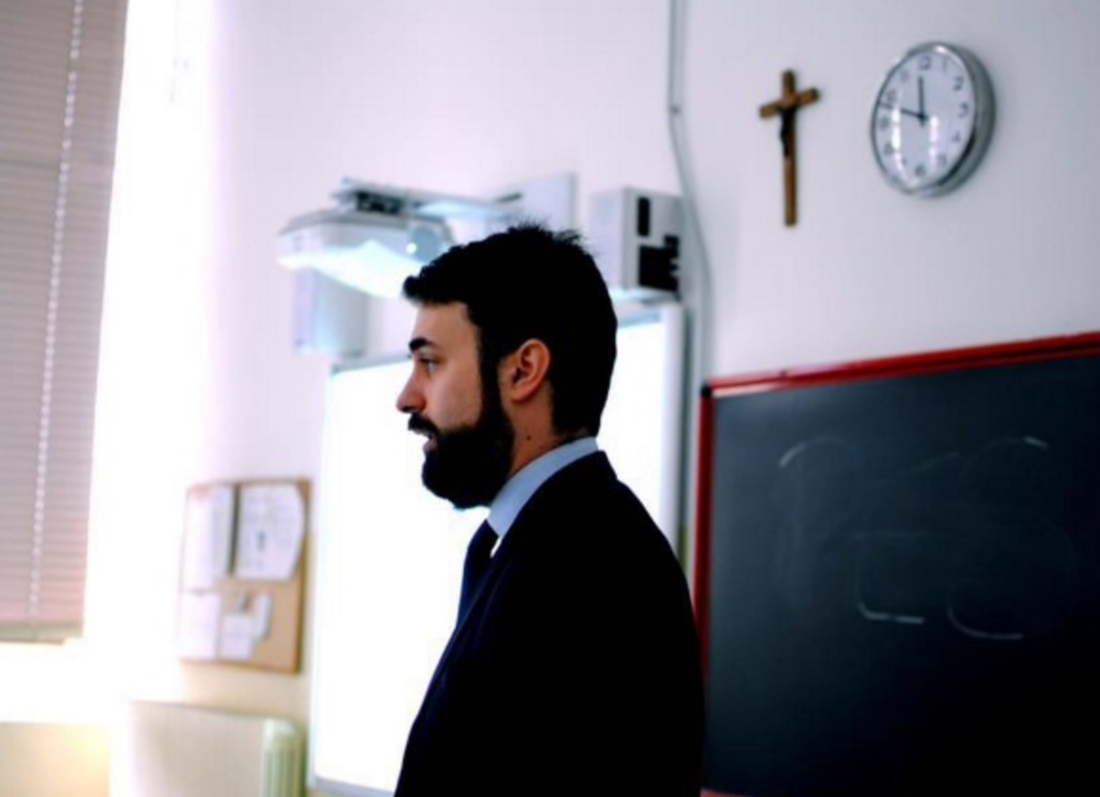|
(di Scilla Alecci e Alessia Cerantola per il Fatto Quotidiano)
Li paragonano a centri di scommesse dove il banco vince sempre. Basta un account su cui depositare i soldi e le piattaforme digitali di opzioni binarie sono alla portata di tutti. I siti attraggono esperti e principianti che, con transazioni virtuali della durata di pochi secondi, puntano anche decine di euro sull’andamento di prodotti finanziari come petrolio o valute. A seconda che il prezzo salga o scenda, l’utente vince o perde una somma prestabilita, proprio come accade con il gioco d’azzardo. Ma, attenzione, si legge su alcuni siti, “gli investitori potrebbero perdere tutto”. E se a gestire la piattaforma sono aziende internazionali che possono sfuggire a controlli preventivi il rischio aumenta. Dal 2014, 24option è un marchio di proprietà della Rodeler, una società cipriota specializzata in consulenza e investimenti finanziari, ed è partner commerciale della Juventus.
0 Comments
 (By Alessia Cerantola for the GIJN) On a morning in the early 1990s, investigative journalists Leo Sisti and Leonardo Coen had an appointment with a priest at a kiosk near St. Peter’s Basilica. A car discreetly picked them up and brought them inside the Vatican, where they met with Bishop Donato de Bonis. It was for an interview concerning a big financial scandal involving Paul Marcinkus, the American archbishop who worked as president of the Vatican Bank. Leo Sisti investigates corruption, financial crime, the mafia, and politics. During the interview, Sisti remembers, the bishop started tiredly answering the reporters’ list of thorny questions, until he stood by a window and tried to set the record straight. “We have two thousand years of history behind us,” he said, pointing at the square in front of them. “There are some who tried to poison or discredit the Vatican…like an English writer a century ago. But who remembers his name? He’s been removed from people’s memories. We, on the other hand, are still here.” Despite this warning, the two journalists published a book in 1991 on the Vatican bank’s financial scandals entitled The Marcinkus Case. It sold thousands of copies, with major success in South America. More than a quarter of a century later, the job of journalists in Italy uncovering and reporting scandals about the Church has changed. The news media are dedicating more space to these stories, while internal factions within the Church have given an advantage to reporters on the Vatican beat. But dealing with the topic can still be quite tricky. For seven months until July this year, two Italian journalists were prosecuted under the Church’s justice system, charged with disseminating information leaked from the Vatican. avarizia |
Archives
August 2023
|
 RSS Feed
RSS Feed
